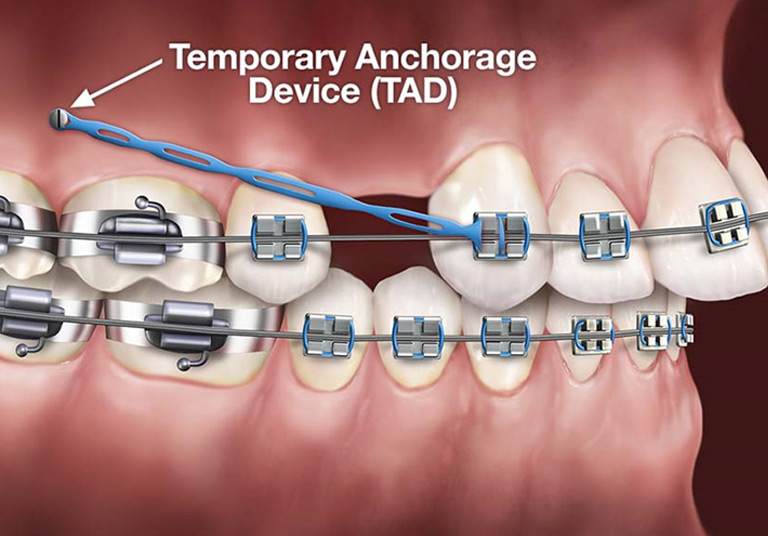- Our Team
- Services
- Technologies
- Digital Injection
(The WAND System) - Painless Electronic Injection (Quicksleeper)
- 3D CT Scan
- Fotona Hard Tissue Laser
- Biolase Soft Tissue Laser
- TRIOS Intraoral Scanner
- Labomed Dental Microscope
- OccluSense by Bausch
- Piezo Surgery by Acteon Satelec
- Philips Zoom Advanced Power
- Implant Surgical Template Guide
- Intra-Oral Camera
- Digital X-ray
- Digital Injection
- Smile Gallery
- Media
- Contact
- Our Team
- Services
- Technologies
- Digital Injection
(The WAND System) - Painless Electronic Injection (Quicksleeper)
- 3D CT Scan
- Fotona Hard Tissue Laser
- Biolase Soft Tissue Laser
- TRIOS Intraoral Scanner
- Labomed Dental Microscope
- OccluSense by Bausch
- Piezo Surgery by Acteon Satelec
- Philips Zoom Advanced Power
- Implant Surgical Template Guide
- Intra-Oral Camera
- Digital X-ray
- Digital Injection
- Smile Gallery
- Media
- Contact

